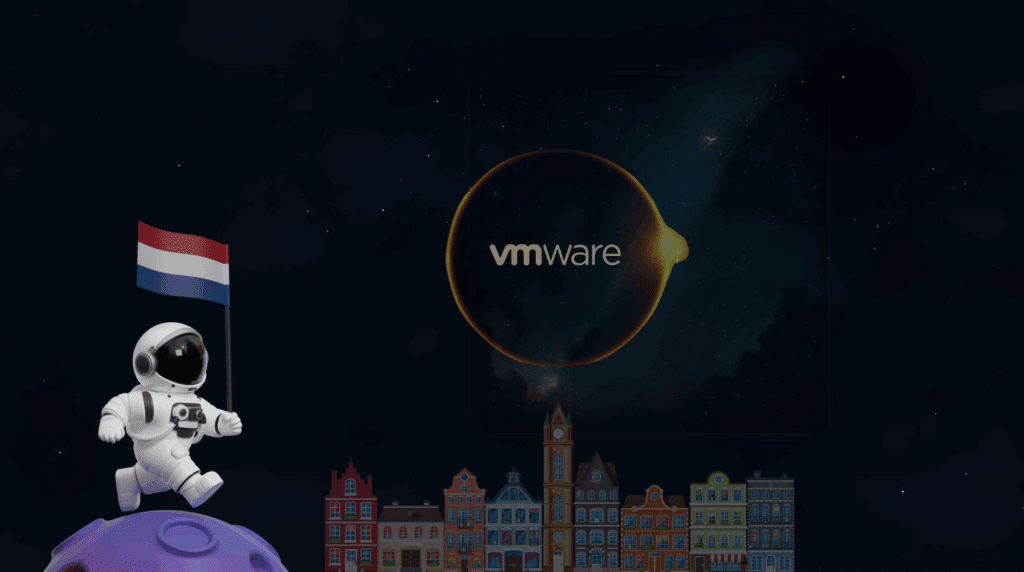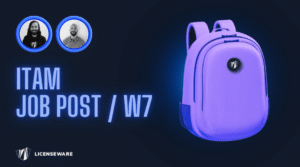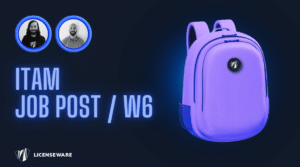A Victory for Software Ownership: Dutch Agency Wins Landmark Right to Resell Oracle Licenses

A Dutch public procurement agency has won a landmark legal victory against Oracle, securing the right to resell its surplus perpetual software licenses on the secondary market.¹ The ruling from a Dutch court in mid-2025 is a powerful affirmation of customer rights in the European Union and deals a significant blow to software vendors’ attempts to control the lifecycle of their products through restrictive contracts. The case reaffirms a crucial legal principle that perpetual software licenses, once purchased, can be treated as assets that their owners are free to divest.¹
The dispute involved the Uitvoeringsinstituut Werknemersverzekeringen (UWV), a Dutch government body responsible for employee insurance.¹ Like many large organizations, the UWV was undergoing a major IT transformation, in this case migrating from an Oracle Siebel CRM platform to Salesforce. This transition left the agency with a substantial portfolio of valuable, but now redundant, Oracle perpetual licenses. Seeking to recoup a portion of its investment, the UWV intended to sell these licenses on the secondary software market.¹
Oracle, however, stood in the way. The company’s standard license agreements contain clauses that explicitly prohibit the transfer or resale of software licenses.¹ Citing these contractual terms, Oracle argued that the UWV had no right to sell its licenses. The UWV countered that these contractual clauses were unenforceable under established European Union law, and the court agreed.¹
The Legal Bedrock: Reaffirming a Landmark Precedent
The Dutch court’s decision in 2025 did not break new legal ground. Instead, it powerfully applied the established “doctrine of exhaustion,” which was cemented in EU law by the seminal 2012 case, UsedSoft GmbH v Oracle International Corp.² This foundational ruling remains the cornerstone of software resale rights in the EU, and the 2025 case serves as a vital, modern confirmation of its power.²
The doctrine of exhaustion, a long-standing principle in trade law, states that once a copyright holder (like a software vendor) sells a copy of their product within the EU for the first time, their right to control its further distribution is “exhausted.” In simple terms, they cannot prevent the legitimate buyer from reselling that specific copy. The 2012 UsedSoft ruling clarified that this principle applies to software downloaded from the internet just as it does to software sold on a physical disk.
As legal analysts noted in their coverage of the 2025 ruling, for a resale to be legally compliant, several conditions established in the original 2012 case must still be met:³
- Perpetual License: The right to resell only applies to perpetual licenses, where the user has the right to use the software indefinitely for a one-time fee. It does not apply to subscription-based licenses or fixed-term rentals.
- First Sale in the EU: The license must have been originally sold with the vendor’s consent within the European Union or European Economic Area.
- Original Copy Rendered Unusable: The original owner must make their own copy of the software unusable at the time of resale. They cannot sell a license and continue using it.
- No Unbundling: A volume license cannot be split up for resale. For example, an organization cannot sell 50 user licenses from a 100-user license pack while continuing to use the other 50.¹
The Dutch court found that the UWV’s situation in 2025 met these criteria. Therefore, Oracle’s contractual clauses attempting to block the resale were deemed invalid as they contradicted superior EU law that has been in place for over a decade.¹ ³
A Chilling Effect on Vendor Control
This ruling has significant implications for the software industry and enterprise customers across Europe. It serves as a stark reminder to vendors like Oracle, SAP, and Microsoft that their ability to control the secondary market for their perpetual licenses is limited. For years, these vendors have used their license agreements and the threat of audits to create fear, uncertainty, and doubt (FUD) around the legality of reselling software, effectively chilling the secondary market.
For customers, this is a major win. It validates the practice of treating perpetual software licenses as assets that appear on a balance sheet and can be liquidated to generate value. As organizations increasingly migrate to the cloud and subscription models, they are often left with significant investments in legacy perpetual software. The ability to sell these surplus licenses provides a crucial source of funding that can be used to finance their digital transformation projects.
The decision also highlights the fundamental difference in customer rights between the perpetual and subscription models. While perpetual licenses confer a right of ownership that includes the right to resell, subscription agreements are merely a rental, providing a right to use the service for a limited time with no transferable asset at the end. As vendors aggressively push their customers towards a subscription-only world, this ruling underscores what customers stand to lose in that transition: control and ownership.
The UWV’s victory is a testament to the enduring power of the UsedSoft precedent. It proves that customers who understand their rights can successfully challenge vendor overreach and unlock the hidden value in their software portfolios.²
Sources
- The Register (June 30, 2025) https://www.theregister.com/2025/06/30/dutch_agency_wins_right_to/
- ValueLicensing, “Dutch Government Wins the Right to Resell Oracle Licenses” (July 2, 2025) https://www.valuelicensing.com/blog/2025/07/02/dutch-government-wins-the-right-to-resell-oracle-licenses/
- Discount-Licensing.com, “Dutch Government Body (UWV) wins court case against Oracle” (July 1, 2025) https://www.discount-licensing.com/blog/dutch-government-body-uwv-wins-court-case-against-oracle-2/










